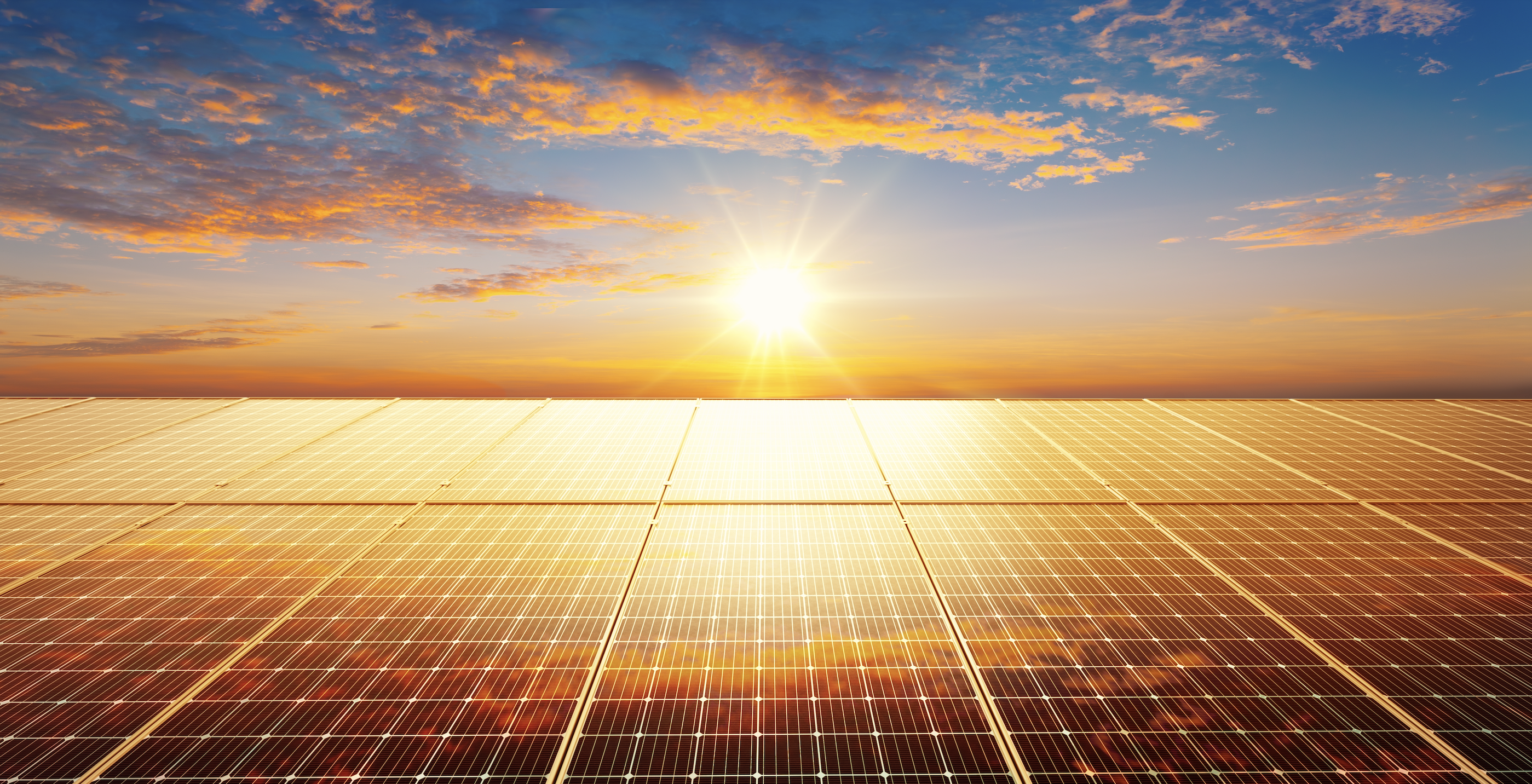Redefining Abundance: Why Carney’s Agenda Shouldn’t Rely on Extraction
 Shutterstock
Shutterstock
May 12, 2025
During Canada’s recent federal election campaign, the rhetoric of “building” and “abundance” dominated the policy discourse. Prime Minister Mark Carney spoke extensively about nation-building projects. On certain issues – such as housing and transportation – it is a welcome change from the scarcity mindset that was endemic to Canadian politics for many years.
On the issue of energy, however, candidates appealed to old notions of what it means to grow the country: Namely, to extract more oil and gas. As prime minister, Carney now has a choice as to how much his abundance agenda will depend on extraction.
During the French-language debate, party leaders were asked whether they would support building new pipelines. Only Bloc Québécois Leader Yves-François Blanchet gave a definitive “no.” The others hedged or expressed their enthusiasm to expand fossil fuel infrastructure. If the mood on climate action has shifted, it is not without cause, considering the many other crises Canada is facing. But climate action itself provides an opportunity to build up our country without putting all of our eggs in the unsustainable basket of oil and gas.
Increasing oil and gas production as part of a Canadian abundance agenda is fundamentally misguided. American writer Ezra Klein, among others, has pointed to the stunning improvements in renewable energy technology over the past decade as proof that technological innovation, climate action, and a growth mindset can work in tandem to offer a more economically and therefore politically viable vision of liberalism. Data from the International Energy Agency demonstrates that renewable energy is cheaper and has grown faster than most people could have predicted.
If climate change is conceived narrowly as a collective action problem, then the United States’ retreat from climate action for (at least) the next four years means we all might as well throw in the towel. But if we treat it as an opportunity to show leadership in the emerging green economy the long-term economic prospects will be brighter.
Despite the cross-partisan consensus that the carbon tax had to be axed, climate change is not going away. Prime Minister Carney’s governing record to date has seen the reversal of climate policy, despite an illustrious career promoting it – that makes it hard to tell how he will approach this unique moment. In his book Value(s), he often invokes the tragedy of the commons when addressing climate change. If climate change is conceived narrowly as a collective action problem, then the United States’ retreat from climate action for (at least) the next four years means we all might as well throw in the towel. But if we treat it as an opportunity to show leadership in the emerging green economy – where technological growth has continued unabated for a decade – the long-term economic prospects will be brighter.
Value(s) also makes mention of the job intensity of renewables – which create about five more jobs per million dollars of public investment than conventional energy sources. Carney, the Oxford-trained economist who promised to “govern in econometrics,” surely understands the potential of the fiscal multiplier for nation-building. Beyond that, climate action is a duty, as he put it: “Ask not what the climate is doing to your country, but what your country can do for the climate.”
The United States is officially pursuing a policy of “drill, baby, drill,” but this is not without costs, to the environment or consumers. Differentiating ourselves from our southern neighbour might be more complicated than matching their fervour for drilling, or building another costly and controversial pipeline to Atlantic tidewater. Energy independence cannot be achieved merely by diversifying Canada’s customers for oil. It requires diversifying our products, too.
When we double down on fossil fuels, are we “growing the pie,” or merely taking a slice from our children and grandchildren? The civilizational consequences of climate inaction are, by now, well-known. Despite all the talk of nation-building from Canadian leaders, there’s been much less talk of ambitious ways to fulfill our role as residents of planet Earth. If we want to build a nation that can stand up for itself, not just for the next four years, but for generations to come, pipelines are a red herring.
Nation-building in the 21st century will come from building a resilient, diversified economy that can adapt to — and thrive in — a rapidly decarbonizing world. It seems that Prime Minister Carney wants to build that economy, but he will need to make some bold political moves. Otherwise, if we keep looking for abundance under our feet, we might miss the horizon.
Gabriel Blanc is a Masters of Public Policy student at McGill University’s Max Bell School and editor-in-chief of The Bell newsletter. He is the former youth co-chair of the Green Party of Ontario.
